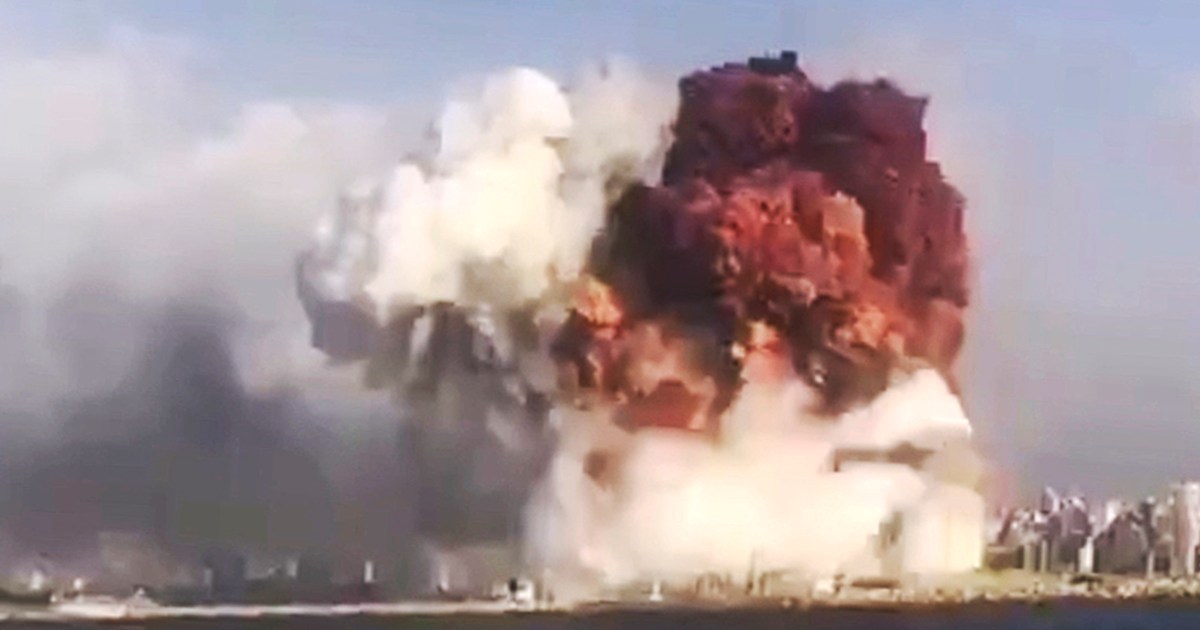The Lebanese Al-Akhbar newspaper revealed that the Director General of Customs (arrested) Badri Daher informed the judicial investigator that the ammonium nitrate had entered Beirut port with the approval of the international peace-keeping forces in Lebanon (UNIFIL), while these forces denied that they had anything to do with the matter.
Al-Akhbar said, "Daher informed the judicial investigator, Fadi Sawan, that a UNIFIL force conducted a security survey of the Roussos vessel, which was carrying a shipment of ammonium nitrate in 2013, and subjected it to inspection upon entering the Lebanese territorial waters, but it did not consider the ammonium nitrate to be a prohibited substance."
The newspaper reported that UNIFIL forces are conducting inspection patrols in the territorial waters in implementation of Resolution 1701, and to ensure that no weapons have entered. The forensic investigator delved into the details of the authority, the correspondence conducted with the judiciary, the story of the entry of the ship and the customs responsibility for the hangar.
On the other hand, UNIFIL spokesperson Andrea Tenente confirmed that "we cannot comment on press information about UNIFIL, and media reports related to the ongoing judicial proceedings."
He said, "UNIFIL does not board or search ships, and it has no responsibility to give permission to enter Lebanese ports. The role of UNIFIL is to call on ships approaching Lebanon and refer any suspicious ships to the Lebanese authorities, who search independently."
He concluded that "any media inquiries in this regard must be directed to the Lebanese authorities."
And the explosion of 2750 tons of ammonium nitrate, which was stored in the port of Beirut, left more than 170 people dead, 6 thousand injured, and massive destruction in the neighborhoods of the Lebanese capital.

